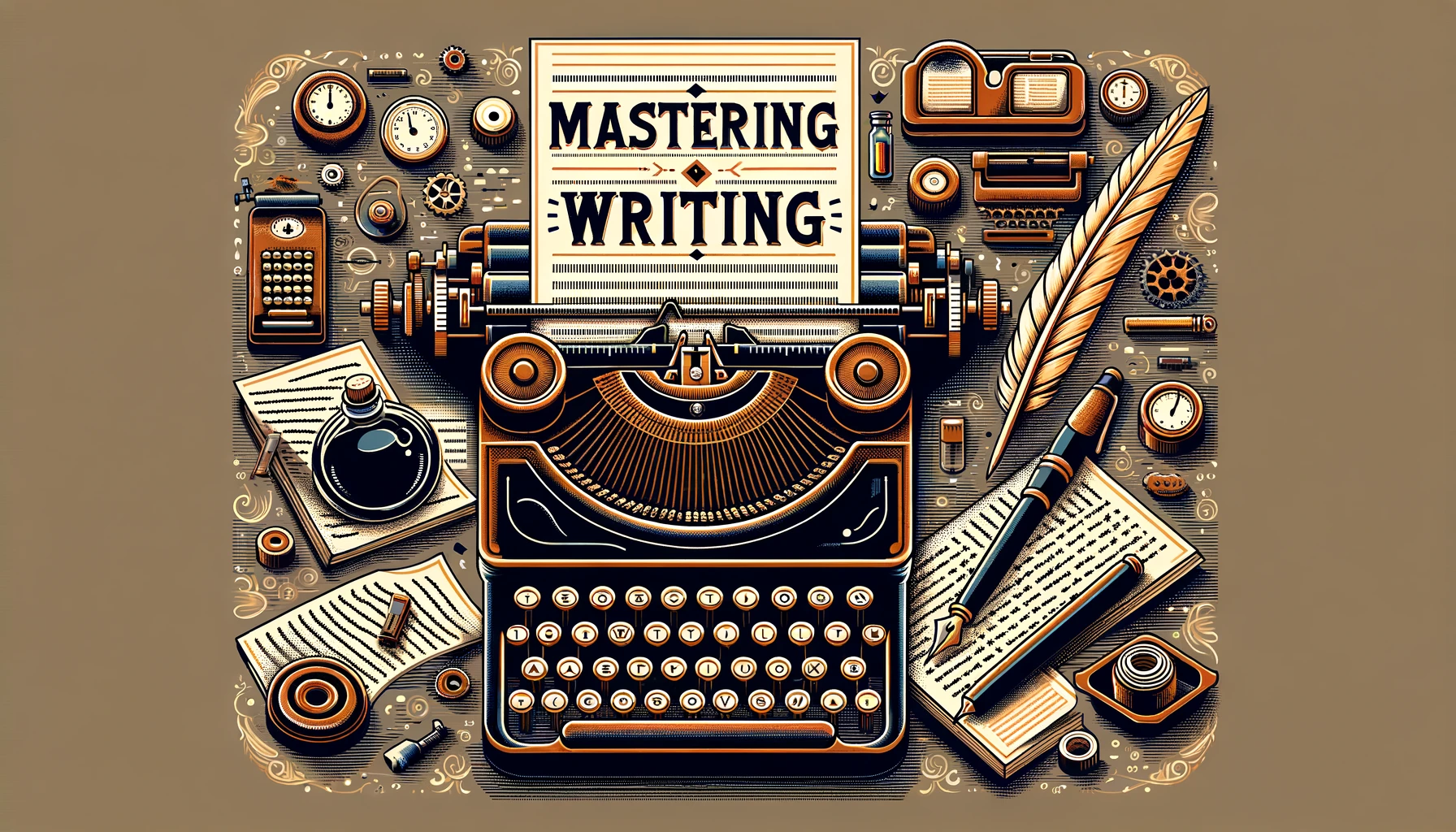
In today’s fast-paced world, the ability to write quickly and efficiently is invaluable. Whether you’re a student, a professional, or a creative writer, speed writing can help you meet deadlines, improve productivity, and allow more time for revision. However, increasing your writing speed shouldn't mean sacrificing quality. This article offers practical tips for writing faster without losing the essence and accuracy of your content.
Plan and Outline
Start With a Clear Outline
Before you begin writing, spend time planning your piece. A detailed outline acts as a roadmap, guiding your writing process and helping you stay on topic. Knowing exactly what you need to write reduces pauses and increases speed.
Research Thoroughly Before Writing
Gather all necessary information and perform any required research before you start writing. Having all your materials at hand minimizes interruptions and keeps your writing flow steady.
Creating an Efficient Writing Environment
Minimize Distractions
Find a quiet, comfortable place to write, and eliminate potential distractions. Tools like website blockers can help you stay focused on writing.
Use Writing Tools to Your Advantage
Leverage writing software and tools that streamline the writing process. Features like auto-correction, text prediction, and voice-to-text can significantly increase your writing speed.
Improve Your Typing Skills
Practice Touch Typing
Touch typing allows you to type quickly without looking at the keyboard. The more comfortable you are with typing, the faster your writing process will be.
Set Typing Goals
Challenge yourself with daily or weekly typing speed goals. Numerous online platforms offer exercises to improve typing speed and accuracy.
Techniques for Faster Writing
Write First, Edit Later
Resist the urge to edit while you write. Focus on getting your ideas down; you can refine and correct them later. This approach prevents you from getting bogged down in details and maintains your writing momentum.
Use Shortcuts and Templates
Develop a set of shortcuts for commonly used phrases or templates for repetitive document types. This can save a significant amount of time, especially for professional writing.
Keeping Quality Intact
Schedule Time for Revision
Allocating specific time for revision ensures that your speedy writing doesn't lead to mistakes or lower quality. Use this time to refine your arguments, check for errors, and enhance your language.
Seek Feedback
Getting feedback from peers or using writing assistance tools can help identify areas for improvement that you might overlook in a fast writing process.
Conclusion
Speed writing is a skill that develops with practice and dedication. By creating a conducive writing environment, utilizing effective planning and tools, and focusing on improving your typing speed, you can significantly enhance your writing efficiency. Remember, the goal is to balance speed with quality, ensuring your final content is both quickly produced and of high caliber.
FAQs
-
How long does it take to see improvements in writing speed? Improvement timelines vary based on individual effort and consistency. However, with regular practice, most people see noticeable progress within a few weeks.
-
Can speed writing affect the quality of creative writing? While speed writing focuses on efficiency, it doesn't inherently compromise creativity. In fact, it can often lead to a more fluid and natural creative expression.
-
Are there specific writing styles or genres where speed writing is more effective? Speed writing techniques can be applied across various writing styles and genres, especially in drafting phases where getting ideas down quickly is beneficial.
-
What is the average writing speed? Average writing speeds vary, but many aim for around 500-1000 words per hour for non-technical content. With practice, speeds can increase significantly.
-
How can I maintain motivation while trying to write faster? Set clear, achievable goals, track your progress, and reward yourself for milestones. Seeing improvement over time can be a significant motivational boost.

